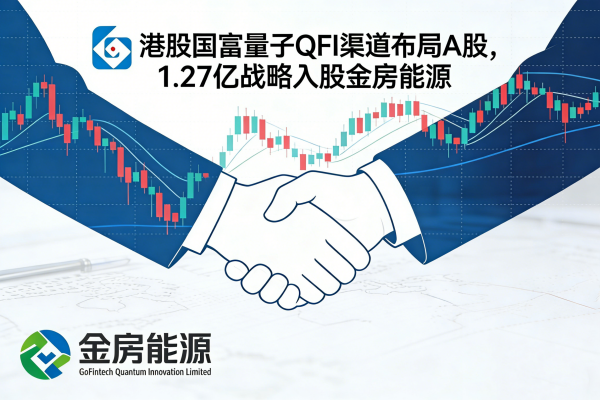SEC Crypto Working Group Holds First Public Meeting
The U.S. Securities and Exchange Commission's (SEC) cryptocurrency working group held its first public meeting on Friday. The meeting focused on the application of securities laws to digital assets, part of the Trump administration's quest to reshape cryptocurrency regulation.
Roundtable participants included John Reed Stark, former head of the SEC's Office of Internet Enforcement, Miles Jennings, general counsel of a16z, the crypto unit of Andreessen Horowitz, and former SEC Commissioner Troy Paredes. Republican SEC Commissioner Hester Peirce is leading the working group responsible for developing rules and guidelines for the crypto sector.
Peirce said the commission's approach to crypto regulation is being reset, symbolizing a new beginning. The crypto industry has been at odds with regulators over the interpretation of digital assets under federal securities laws, with many arguing that crypto tokens are more akin to commodities. If tokens are classified as securities, companies will need to register with the SEC and disclose certain information to investors.
President Donald Trump, who has pledged to become the "crypto president," has pledged to reverse the SEC's crackdown on the industry under President Biden. The Biden-era SEC has sued several crypto companies, including Coinbase and Kraken, alleging they violated SEC regulations. The SEC’s new leadership has agreed to withdraw or suspend many of these cases.
The working group discussed Friday whether crypto tokens require a new, unique regulatory framework that is distinct from the way the SEC regulates securities such as stocks.
Jennings advocated for a “technology-neutral” approach by the SEC, comparing the Ethereum system to holding a stake in Apple.
However, some, including Democratic SEC Commissioner Caroline Crenshaw, have expressed concerns that regulators may be relaxing regulations by allowing cryptocurrencies to operate under a unique regime. Crenshaw warned that changing the law for a specific product category would not only weaken regulatory protections for that category, but could also have negative ripple effects on other market areas protected by the same law.
The working group’s first roundtable coincides with Trump’s broader cryptocurrency policy reform efforts. Earlier this month, Trump signed an executive order to establish a strategic reserve of cryptocurrencies and organized a summit of industry leaders at the White House.









